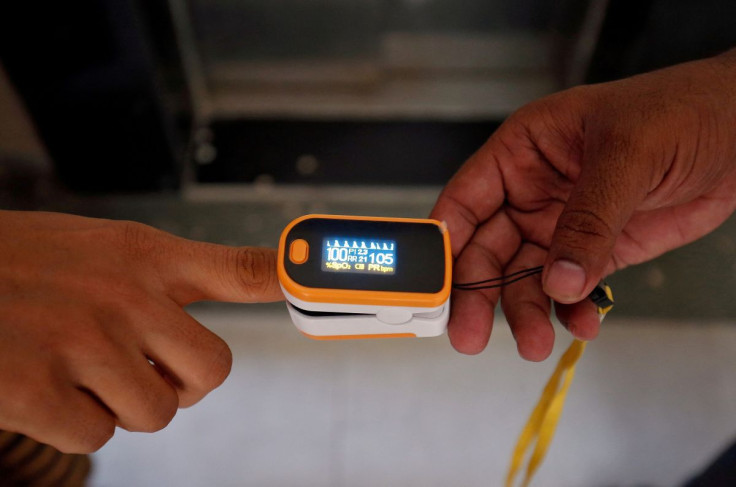Wearable Fertility Trackers Could Detect COVID-19 Days Before Symptoms Appear
KEY POINTS
- An AVA fertility tracker was used to record health parameters
- The tracker was synchronised with a modified mobile app
- It noticed changes in parameters during all stages of infection
Wearable devices like a fertility tracker can help detect COVID-19 as early as two days before the onset of symptoms, a new study has shown.
For their research, scientists used an AVA fertility tracker, which measures respiratory rate, heart rate, heart rate variability, wrist-skin temperature and blood flow at night. The bracelet is commercially available and approved by FDA and European agencies.
"When the pandemic started in March 2020, we quickly thought about how we could […] contribute to the knowledge gain and help to prevent and treat patients with COVID and help to avoid or better treat and better handle future pandemics," explained David Conen, co-author of the study.
Researchers use wearable tech to detect COVID-19 before onset of symptoms https://t.co/YSqsH8VweT #wearables #wearabletech #healthcare #HealthTech #COVID19 pic.twitter.com/NH3YDNbpYc
— Clinicoin (@clinicoin) July 25, 2022
The wearable device used in the study was paired with a modified mobile app and the five health parameters were recorded, along with any activity that might have an effect on the body's central nervous system, such as alcohol use and intake of prescription or recreational drugs, as well as any possible COVID-19 symptoms, researchers wrote in a paper published in BMJ Open.
Of the 1,163 participants, who took part in the study from March 2020 until April 2021, 127 tested positive for COVID-19 during the period. The bracelet picked up conspicuous changes in all five physiological indicators from the different stages such as incubation, pre-symptomatic, symptomatic and recovery.
An algorithm developed by the team was used to detect COVID-19 symptoms in 70% of the participants who tested positive for the virus. It confirmed the presence of SARS-COV-2 in 73% of cases early as two days prior to the onset of symptoms. The virus was confirmed using molecular and/or serological assays.
Similar results were found in the remaining 30% as well, as the algorithm was able to accurately detect 68% of the positive cases up to two days before symptoms appeared.
The researchers admitted that the original study was conducted with a small number of participants, and the group lacked diversity in ethnicity, age and geographic location.
To further test the efficacy of wearable health devices and machine learning in COVID-19 diagnoses, a much larger study comprising 20,000 participants is being conducted in the Netherlands.
"This is not related only to COVID," Conen said. "In future diseases, it could also lead to preventative treatments and prevent significant complications."

© Copyright IBTimes 2025. All rights reserved.





















